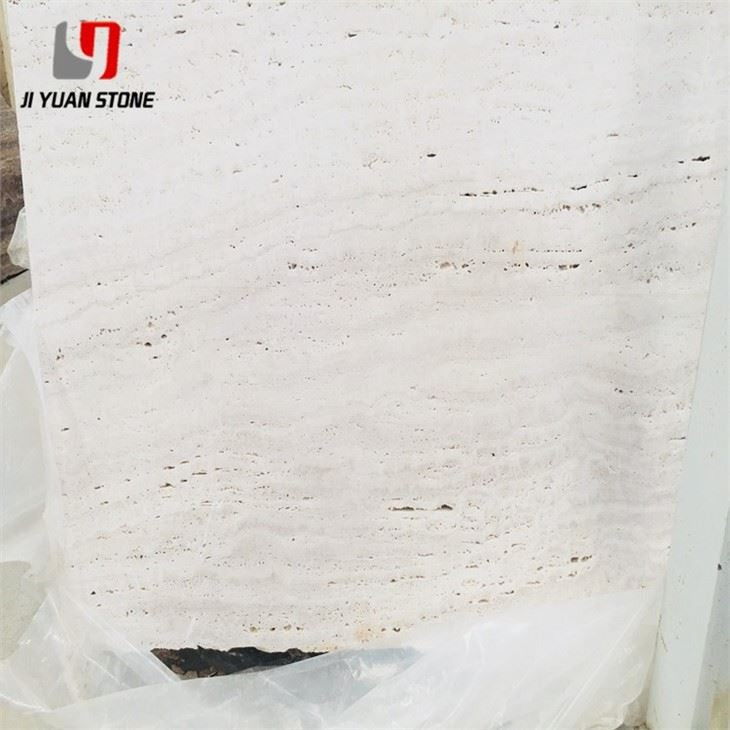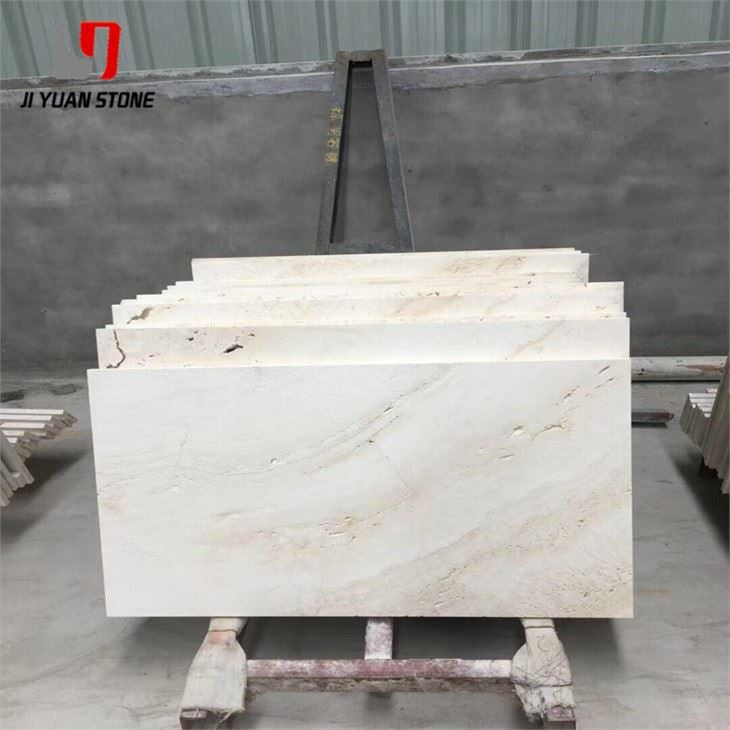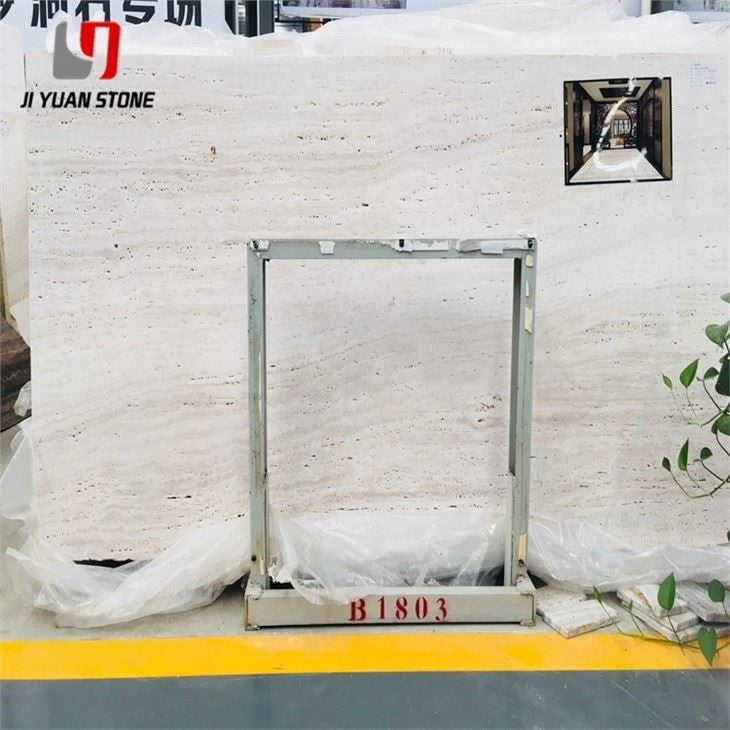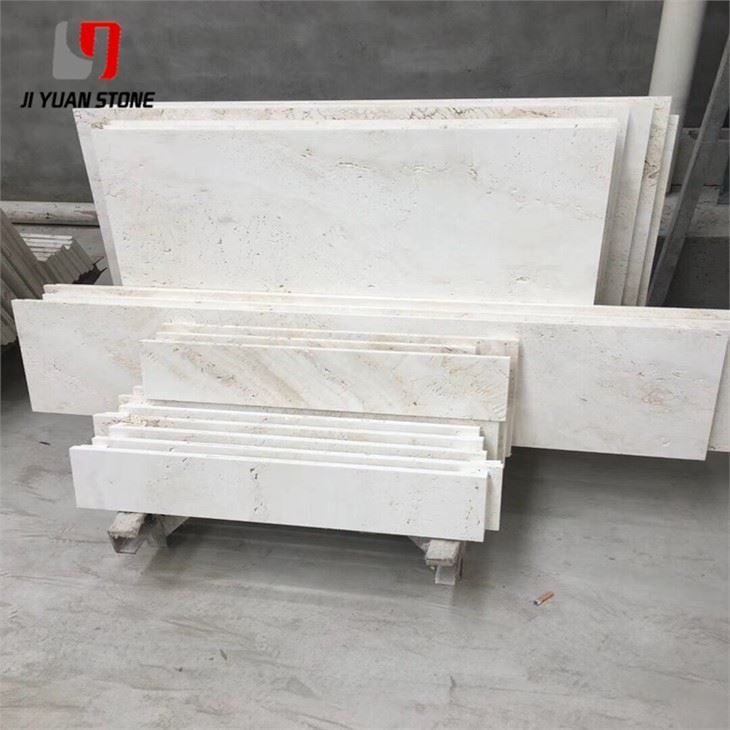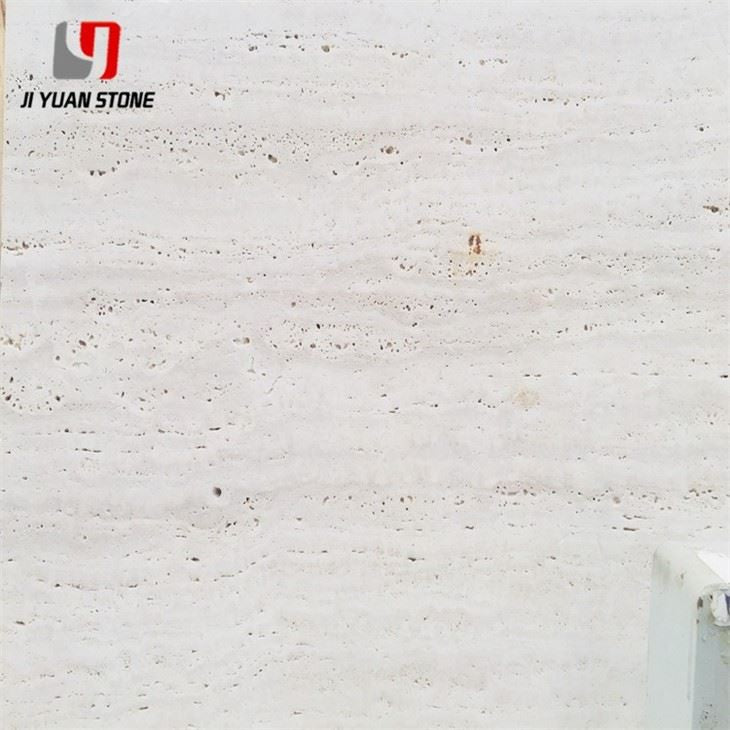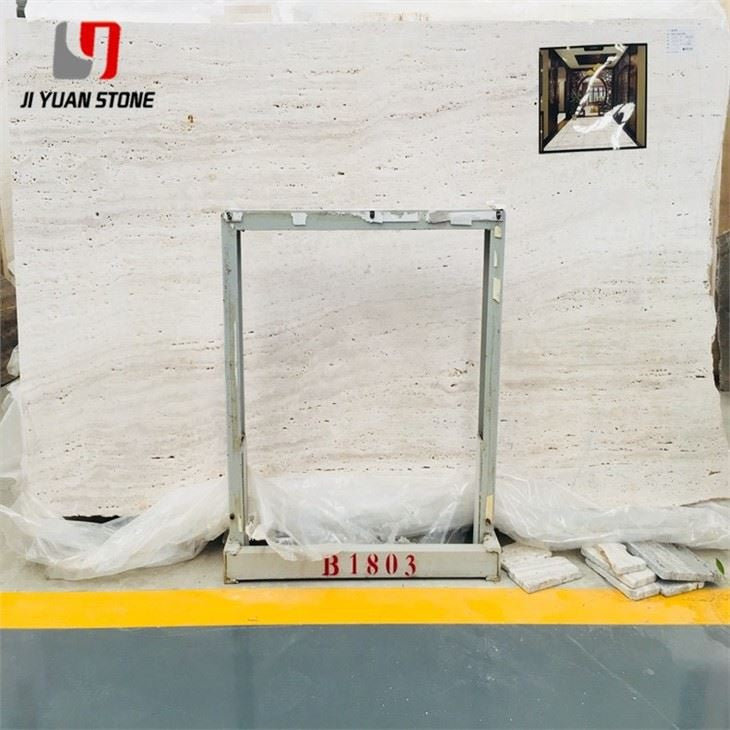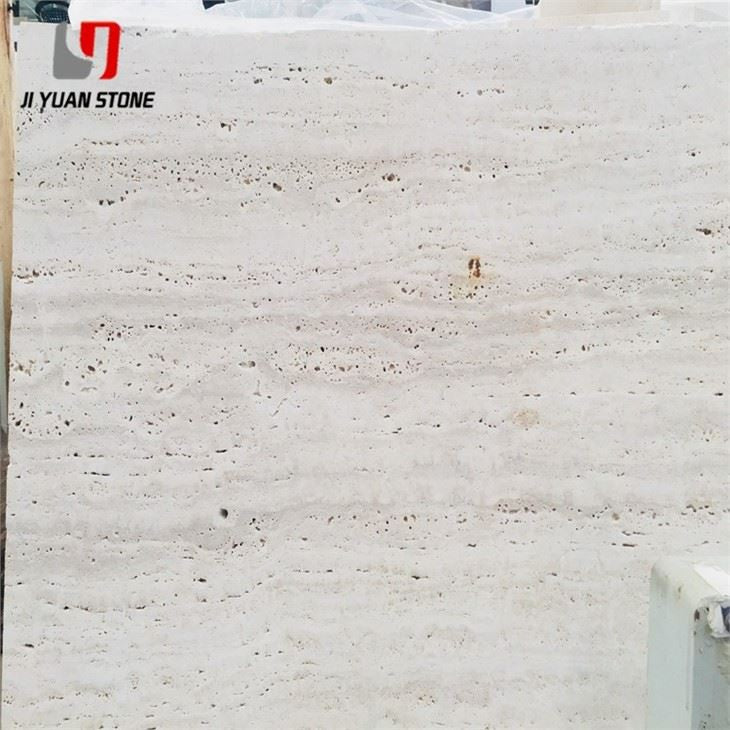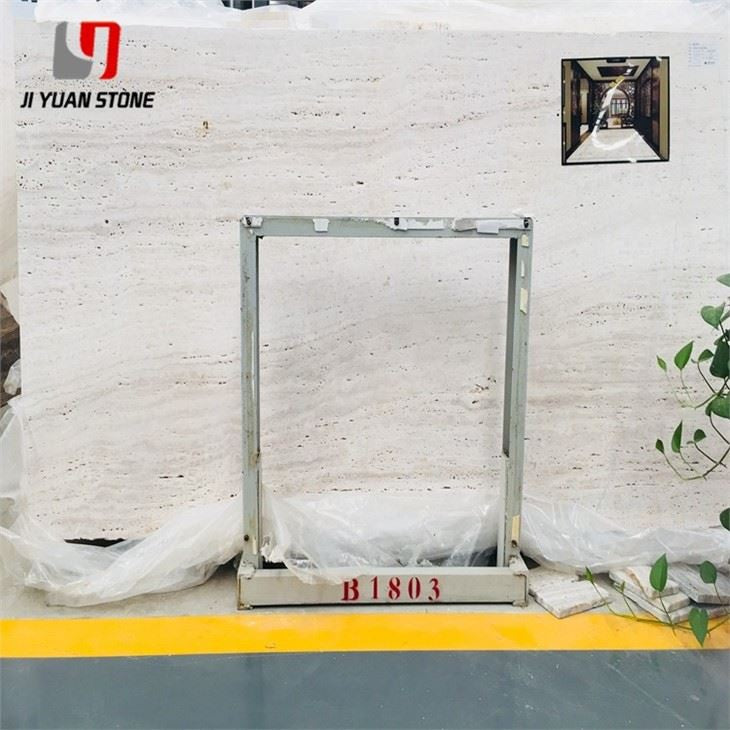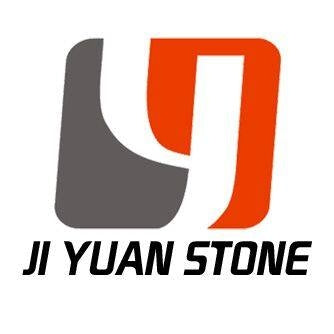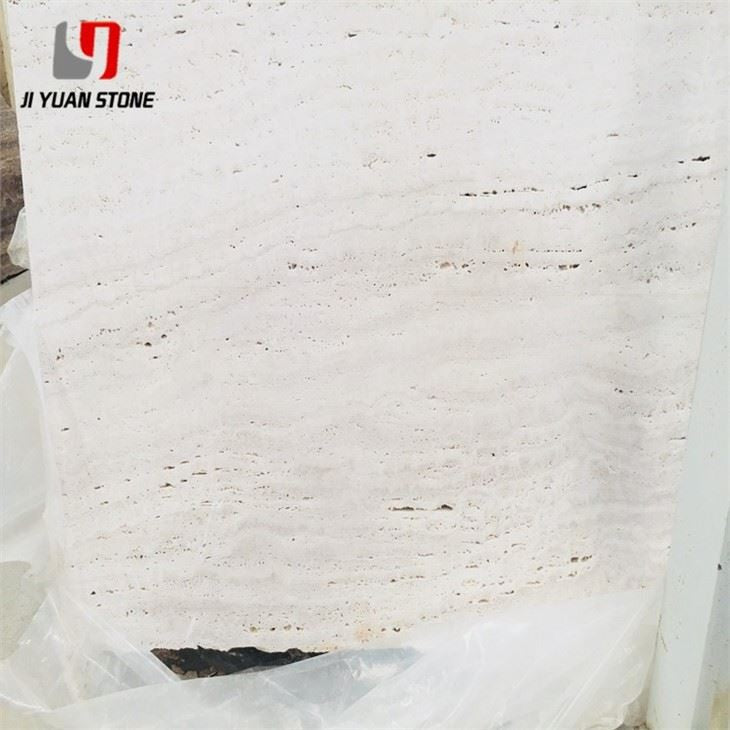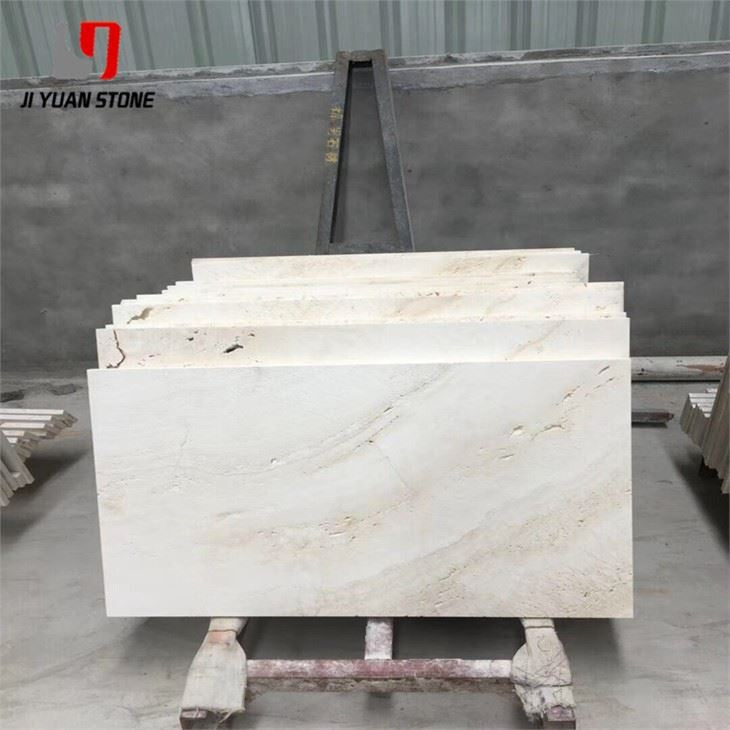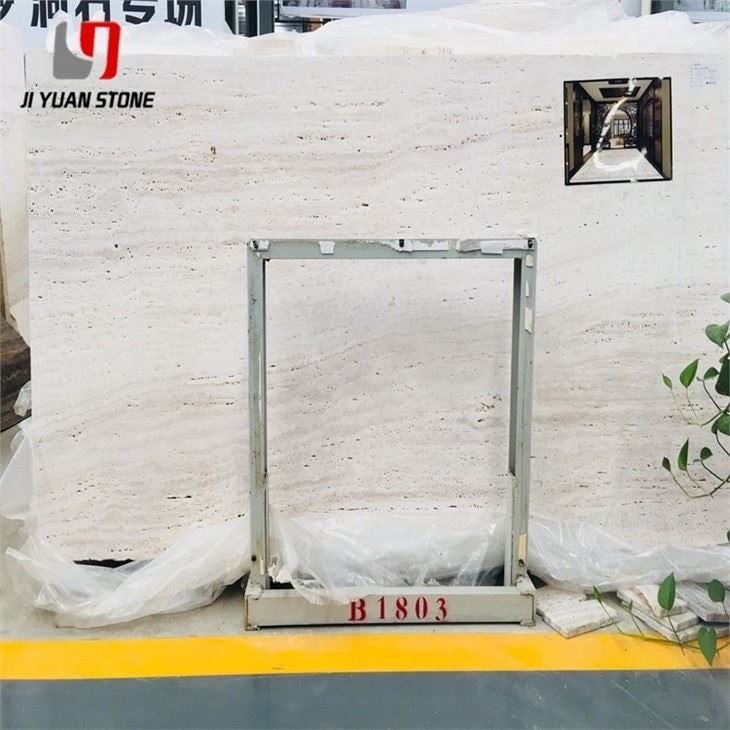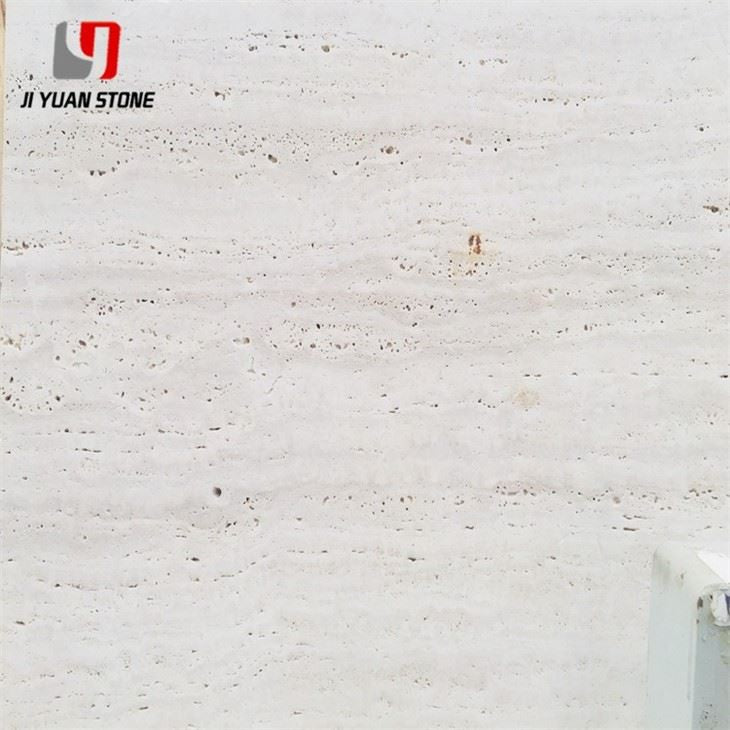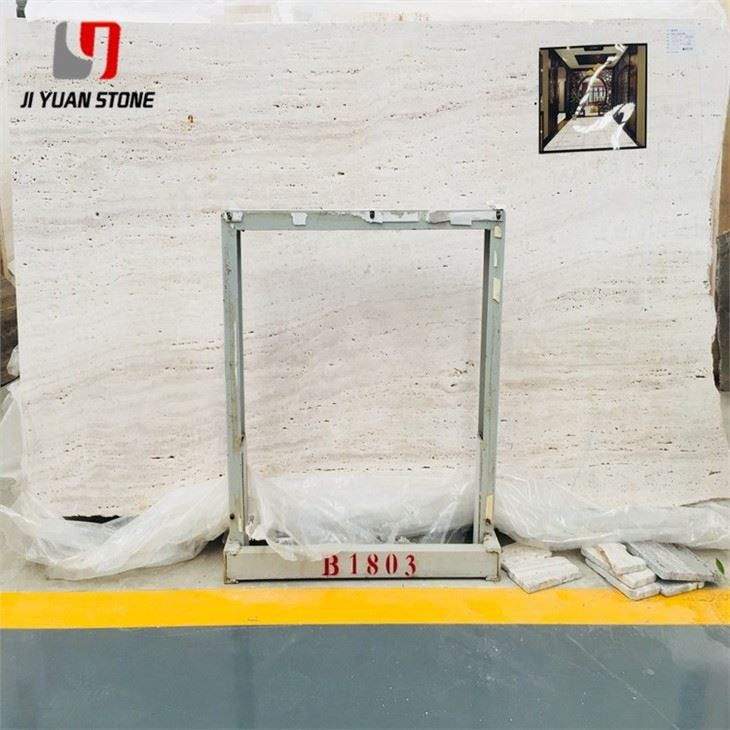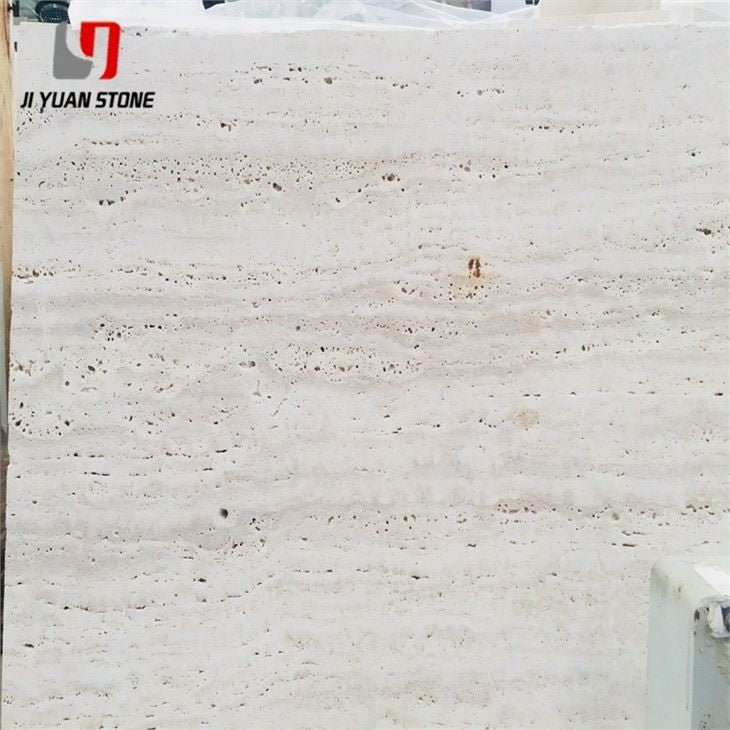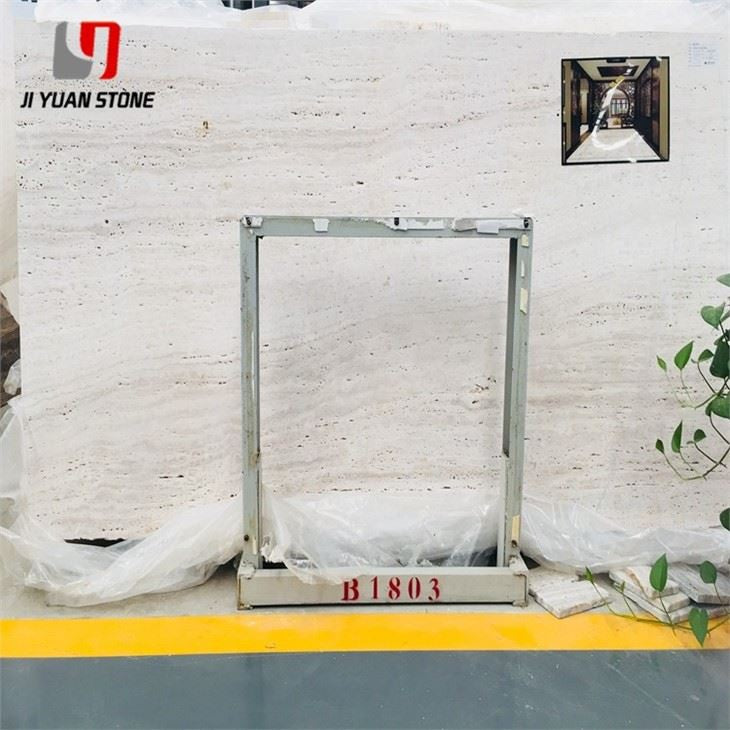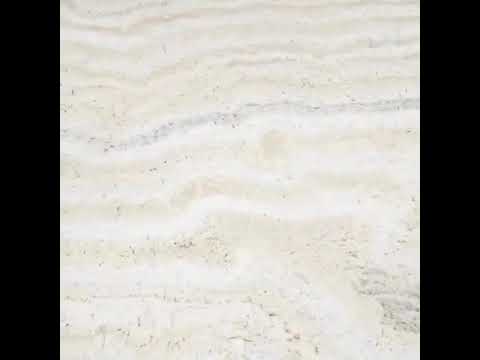Ivory Travertine
Ivory Travertine
Ivory Travertine: Timeless Beauty with Structural Considerations
Experience the elegance of Ivory Travertine. This natural stone features a beautiful ivory color with subtle veining, making it a timeless choice for any space. Its durability and unique appearance make it a popular choice for flooring, walls, and other design applications. Elevate your space with Ivory Travertine.
| Feature | Details |
|---|---|
| Stone Type | Natural Travertine |
| Surface | Honed |
| Available Size |
|
| Packing | Strong Export Fumigated Wooden Crates. |
| Usage | Indoor Wall/Floor Decoration, Bathroom, Kitchen, Living Room. |
| Quality Control | Thickness tolerance(length, width, thickness): +/-1mm(+/-0.5mm for thin tiles) QC check pieces by pieces strictly before packing |
| MOQ | Small trial orders are welcome. |
| Delivery Time | 1-2 weeks after payment received |
Ivory travertine is a naturally formed limestone prized for its classic elegance, warm beige tones, and porous texture that gives any space a soft, natural charm. Known for its visual appeal and historical depth, ivory travertine is often chosen for upscale residential interiors, feature walls, and luxurious dry wall installations. However, like all natural materials, it carries certain limitations that should be considered before large-scale or structural application.
Aesthetic Appeal and Applications
Ivory travertine is ideal for creating a sophisticated ambiance. Its delicate surface patterns, formed through natural mineral deposition, offer a rustic yet elegant feel perfect for traditional and modern settings alike. The unique pores and natural banding give each piece a one-of-a-kind look, making it suitable for:
- Feature walls
- Indoor flooring (low-traffic areas)
- Bathroom cladding
- Decorative panels
- Artistic applications
Its light beige tones pair beautifully with a range of design palettes, adding warmth and character to any space.
Potential Problems of Natural Ivory Travertine
While ivory travertine is aesthetically pleasing, several inherent issues may limit its application in modern construction:
1. Insufficient Strength
- The presence of multiple pores lowers the stone’s overall density and increases water absorption.
- Ivory travertine falls below standard strength benchmarks compared to denser natural stones like marble.
- Its structure is often interrupted by argillaceous lines, bands, and cracks, which can weaken load-bearing capacity.
- As a calcium carbonate-based stone, it has poor acid resistance and is vulnerable to acid rain and erosion.
- Using it for dry-hanging on exterior walls can pose safety hazards due to fragility.
2. Fracture Risk
- The same veins and bands that give the stone its natural charm are points of weakness.
- These argillaceous patterns reduce the material’s bending strength, making it more prone to breaking during installation or over time.
3. Hole Pollution (Staining & Discoloration)
- Its porous surface absorbs moisture, dust, and pollutants easily.
- Over time, contamination can lead to permanent staining or discoloration, especially in high-traffic or outdoor areas.
- Once stained, the stone is difficult to restore to its original appearance.
Conclusion
Ivory travertine is a beautiful and natural stone solution best suited for decorative and interior applications. Its warmth and elegance are unmatched, but its physical limitations mean it should be used thoughtfully—preferably in low-impact, indoor settings where its beauty can be preserved without compromising safety or longevity.
Whether you're aiming for a rustic charm or sophisticated warmth, ivory travertine adds natural elegance—just be sure to balance its aesthetic strengths with the practical considerations outlined above.
Share
